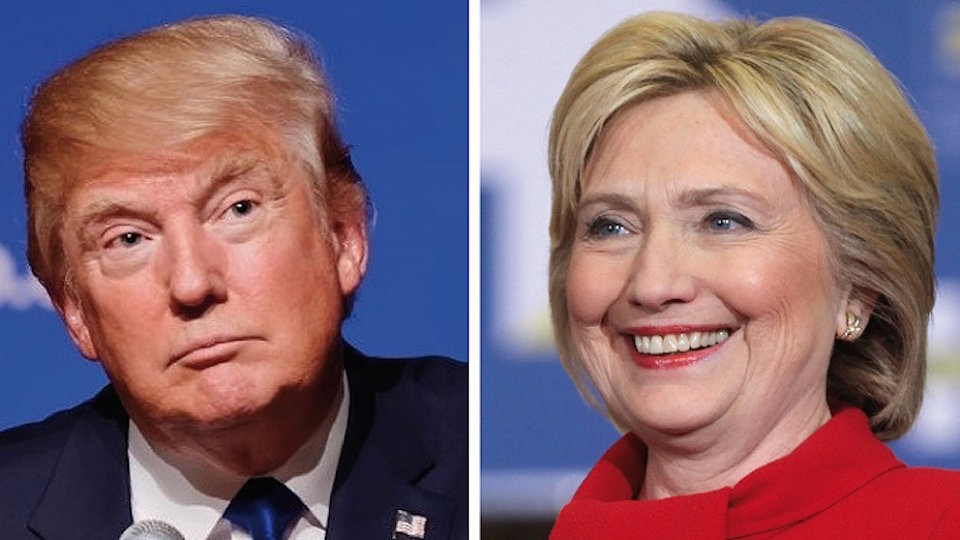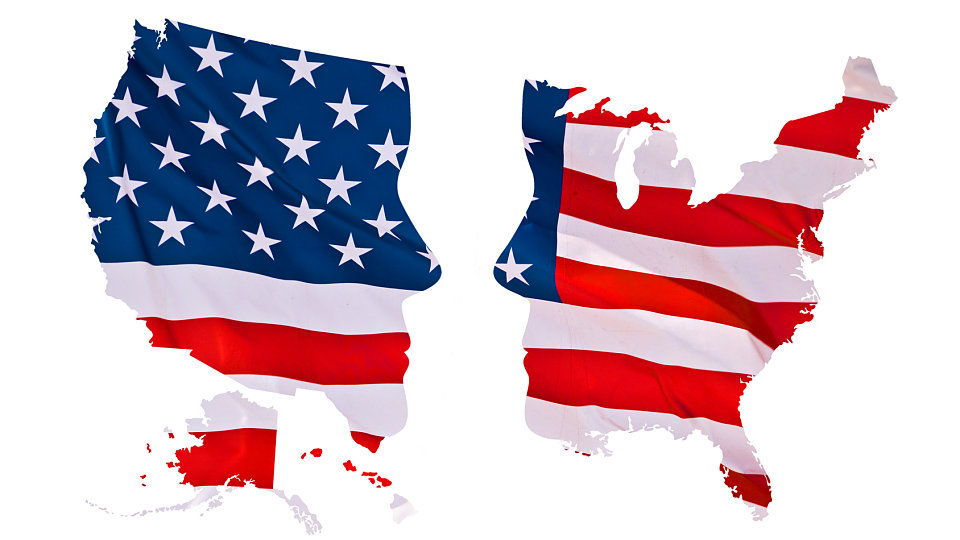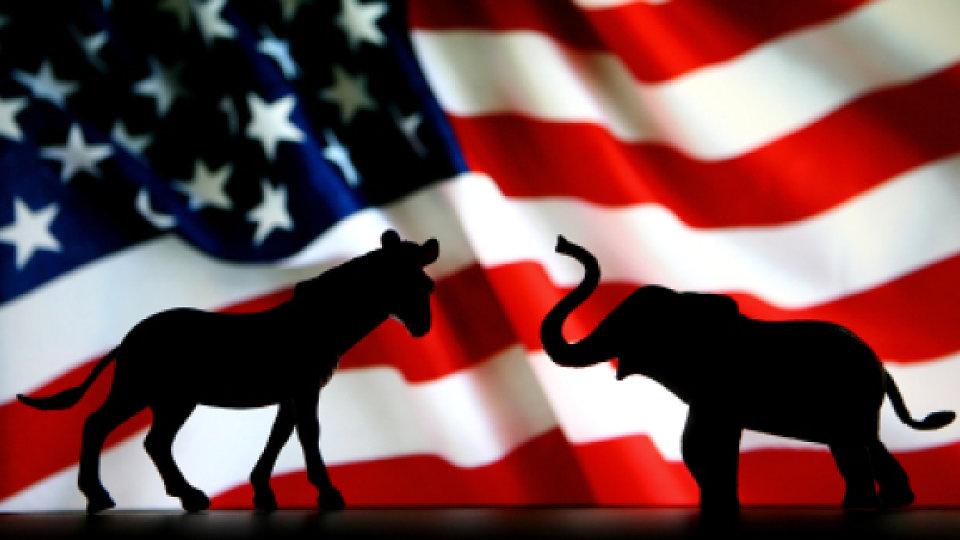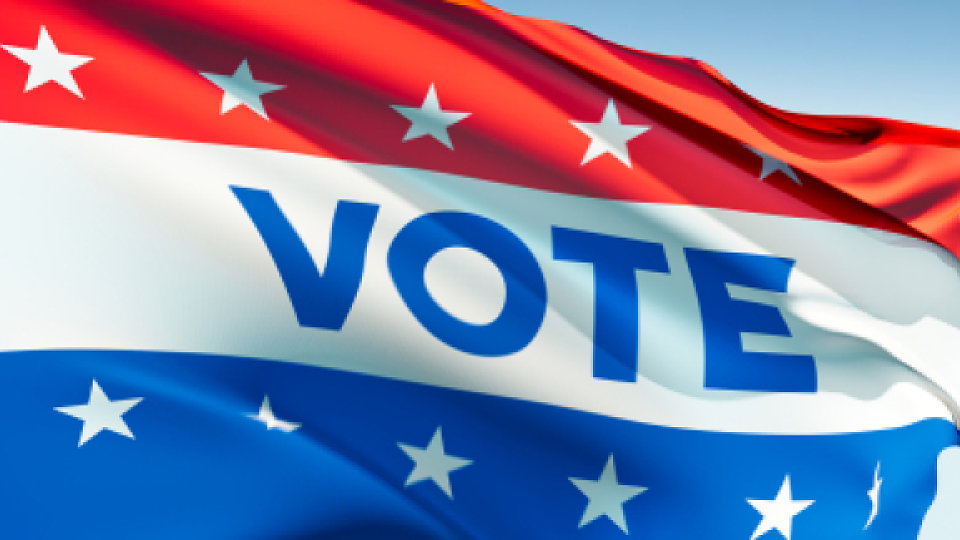Whole Foods, Cracker Barrel, and The United Methodist Church
Back in 2011 Dave Wasserman of the Cook Political Report described the political divide in our country in terms of Whole Foods Market and Cracker Barrel. Whole Foods Markets are small grocery stores offering organic, natural and fresh foods and high-end groceries. Their stores tend to be located in larger cities. Cracker Barrel Old Country Store is a restaurant chain serving up hearty portions of home cooked foods (dumplings, meatloaf, and fried chicken)—with gift shops selling “Americana,” including a brisk business in rocking chairs. Cracker Barrels are often located in less densely populated areas along interstate highways. The chain was ranked the number one family restaurant in America in 2016. In 2012, Wasserman noted, President Obama won the presidency by winning 77% of the counties in America where there is at least one Whole Foods Market. In 2016 President Trump was elected by winning 76% of counties with at least one Cracker Barrel. Many have picked up on Wasserman’s shorthand for describing the divide in America. There are many criticisms that could be leveled against this way of characterizing, sifting and dividing America, not the least of which could be—depending upon who is doing the analyzing—a kind of snobbery or value judgment implicit in its use. Further, one would have to survey Cracker Barrel and Whole Foods customers to see whom they voted for. The presence of a store in a county does not tell us how that store’s customers vote. Many Cracker Barrel customers are travelers. But more to the point, Americans can’t be so easily divided. My county has both Whole Foods and Cracker Barrel stores, and I enjoy them both. The United Methodist Church is a great example of this wide diversity. A microcosm of the United States, we’ve got Whole Foods Market shoppers and Cracker Barrel fans. If the consumers at these two chains tend towards particular demographics, The United Methodist Church has a significant number of each demographic and most of our churches have both Cracker Barrel Christians and Whole Foods Christians. United Methodists differ on how they think about some social issues, and about how they interpret Scripture regarding same-gender relationships, but they tend to share far more in common when it comes to their faith, than what divides them. They trust that God is Father, Son and Holy Spirit. They are passionate followers of Jesus Christ whom they claim as both Savior and Lord. They believe in, and seek to have, hearts that are strangely warmed by the Spirit’s fire. They love the Bible, but eschew a blind adherence to biblical literalism. They love to dig into the scriptures and to wrestle at times with the text seeking to hear God speak through it, while embracing the insights of scholars. Grace is a big deal to United Methodists. They know they are not saved by good works. Yet they also believe they are saved for good works. And while they understand that Calvin had some important insights, they are not fond of the idea that God predestines some to heaven and others to hell, nor the idea that the evil and suffering we see in the world is the will of God. Methodists believe that science and Christianity are compatible. They are evangelical, borne out of the 18th century evangelical revival that John Wesley led, and they long to share their faith with others, but they tend to be more comfortable showing their faith by their compassion and kindness rather than by passing out gospel tracts. They are people of a “both/and” rather than “either/or” faith. They’ve found ways to love one another and to accept that people of faith might read and interpret Scripture differently and still be in the same Sunday school class. They are people with a “catholic spirit,” people who, even if they’ve never heard the term, tend towards the via media—the middle way. Every United Methodist knows Christian friends who are more conservative than they are, and some who are more “liberal” than they are. They tend to be liberal conservatives or conservative liberals. Don’t confuse their ability to listen to, appreciate, and learn from those with whom they disagree as believing that “it doesn’t matter what you believe.” Methodists share a common set of convictions around the essentials of the faith—they sing of them in their hymns, recite them using the Creeds, and preach and teach them from the pulpit and in their small groups and Sunday school classes. We’ve got conservatives and liberals who share the convictions and practices I’ve just described. Like America itself, Methodism has a lot of folks who love Cracker Barrel, savoring its home cooking and slice of Americana. And at the same time, we have plenty of folks who love roaming the aisles of a Whole Foods market shopping for natural, organic, and fresh foods that are healthy and sourced in socially conscious ways. In other words, a large number of United Methodists love both country fried steak and kale, cherry cobbler and Camembert cheese. As our nation is increasingly polarized, it needs models of leadership and communities where Cracker-Barrel-ists and Whole Food Market-ites live together focusing more on what they share in common than what divides them. That’s what the average United Methodist Church demonstrates, and what we as a denomination might model for our nation and the world.




